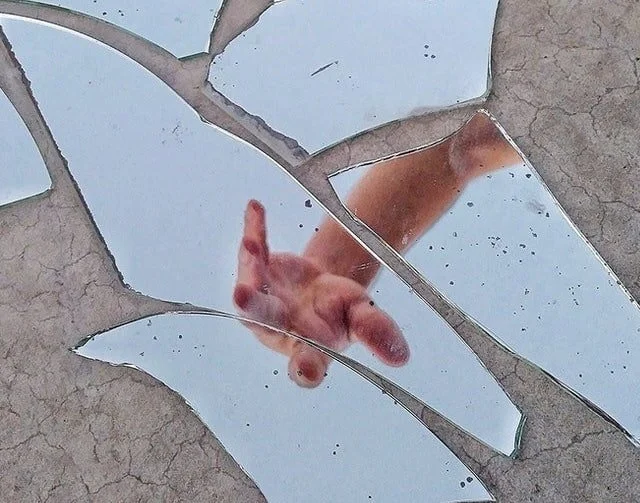How does trauma develop?
People are talking more and more about trauma and Post-Traumatic Stress Disorder (PTSD). You’d think that in an age where most of us can get the food we need, and most of us have adequate (if not luxurious) housing, plus we can get a good education and earn a decent living, that there wouldn’t be much need to talk of trauma. Right? But here we are, realizing trauma is a thing, and a big thing at that. We really can’t just decide not to think about things, we really can’t just act as if it’s nothing. Life is full of losses and unmet expectations. Some we can grieve over and move through, but other experiences we need help to work out because it affected us deeply.
Child abuse
Perhaps you were bullied either at home or school and it was just swept under the rug. Maybe you just shut down emotionally as a kid and now want to have a full range of emotions. Or, now bits and pieces of events are coming back to you and you wonder if you’re imagining things, but you just can’t shake it off. Watching certain events on TV can also awaken deeply buried memories of early childhood abuse. Even parents who had forgotten about their own abuse as kids have memories or fragments of recollections when their children become the age the parent was when they were abused. These experiences were buried in your mind waiting for the right time to come out to be healed.
Relational abuse
I am now seeing a new kind of trauma arising: people involved in relationships with toxic people. It’s usually women who are suffering from this kind of relationship. The toxic person in their life makes them doubt their own sanity. It could be someone from your workplace, it could be your romantic partner, or maybe it’s someone in your family.
This person is more than difficult; this person takes you down, maybe they stir things up and play the victim, or have temper tantrums when things don’t go their way, they turn people against each other. They may try to control you and every aspect of your life. You may even feel guilty for doing something you want to do rather than what they want you to do. When the person who has undergone this comes to me, I hear their doubts about themselves and how much they want to fix the relationship; they often have some health issues that when we look at it we realize the issues began sometime during the relationship. They may even suffer from depression and doubt themselves because they are attracted to this person.
Grief and Loss
We live in a culture that denies death; in our culture we don’t see death daily. I don’t have to go out to the backyard to kill a chicken for my dinner. Family members now threaten to sue doctors if their elderly loved one doesn’t make it, rather than let them die at home. Some people prefer to transport their sickly family member all over the place, when they might be more comfortable at home because they need medical equipment to live. When those loved ones die, it is traumatic. Not that living in a culture where death happens in front of us is better, death is heart wrenching; it just means that we have to learn to look at it differently.
There is also the loss of who we thought we were. We’re in the clutches of the Corona virus, aka COVID-19, Pandemic and many people have lost their ability to provide for themselves. If that’s how you derived meaning in your life, you may be wondering, now what? Who am I if I can’t earn a living? That kind of loss also affects other areas of your life such as where can I live? Where will I get food for myself or my family? The one loss compounds other losses. It becomes hard to see your way through, and needing to find a new identity can be rough – traumatic.
Signs of Post-Traumatic Stress Disorder
PTSD is a specific reaction to a trauma. Nearly everyone has some kind of response to a trauma, and most people recover within a couple of months. But those who struggle longer than a few months may be diagnosed with PTSD. You may have PTSD if it’s been at least three months since the event and you’re still struggling with the symptoms (these are just a few):
Flash backs or nightmares about the event
Avoiding places that remind you of the event or refusing to talk or think about the event
Easily startled
Tense and super aware
Anger outbursts
Negative thoughts about yourself or feeling guilty
We don’t simply get over events; time doesn’t really heal all wounds on its own. If you want to heal you’ll have to do something about it. It can be done. With a caring PTSD therapist who has experience assisting people to work through trauma issues you can come out the other side freer and feeling more confident.


